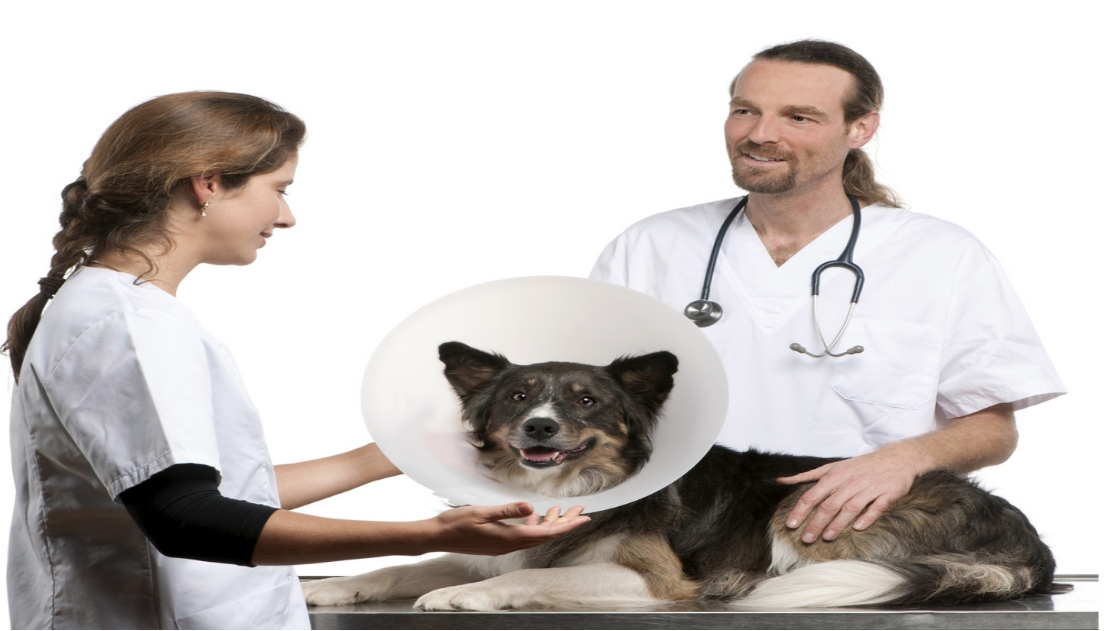Best Practices for Running a Successful Veterinary Clinic

Types of Veterinary Clinics
Veterinary clinics offer a wide range of services to keep pets healthy and happy. However, not all veterinary clinics are the same - there are two main types of veterinary clinics: general practices and specialty practices.
General Practices provide basic preventative care, including annual physical exams, vaccinations, parasite control, and dental care. Veterinary clinic also provide routine surgeries such as spaying and neutering. These general practices can diagnose a variety of ailments in cats and dogs but typically do not treat exotic animals or conduct advanced procedures such as chemotherapy or radiation therapy.
Specialty Practices focus on specific areas of veterinary medicine such as surgery, oncology (cancer treatment), cardiology (heart disease), neurology (brain disorders) or internal medicine (gastrointestinal issues). Specialty practices may also offer advanced diagnostic tools like MRI’s and CT scans for more complex cases that require a higher level of expertise.
When deciding which type of veterinarian to see for your pet’s care it is important to consider their experience level in that particular field and if they have any additional certifications related to it. It is also helpful to ask the clinic what their policy is on referrals; some will refer you out if they do not feel comfortable treating your pet.
Features of a Veterinary Clinic
Veterinary clinics are vital for providing proper care to animals of all kinds. They offer a variety of services and facilities that focus on the health and well-being of animals. To ensure that these services are provided safely and efficiently, there are certain features that veterinary clinics must possess. In this article, we will discuss two important components of a veterinary clinic: equipment and supplies used in the clinic, as well as facilities for treating patients.
- Equipment and Supplies Used in a Veterinary Clinic
Veterinary clinics must be equipped with the necessary tools to provide quality care to their animal patients. This includes medical equipment such as stethoscopes, thermometers, syringes, surgical tools, X-ray machines, ultrasound machines and more specialized devices such as ECG machines or endoscopes for diagnosing internal conditions. Additionally, the clinic should have an adequate supply of medications such as antibiotics or painkillers in case they need to be administered during treatment or surgery. Moreover, some types of clinics may require additional specialized equipment depending on their scope of practice (e.g., dental instruments if they offer dental procedures). All this equipment must be regularly checked for proper functioning by qualified personnel to ensure safety when dealing with patient cases at all times!
Benefits of Visiting a Veterinary Clinic
Visiting a veterinary clinic is an important part of your pet’s health care routine. Regular visits to the vet can help keep your pet healthy, diagnose and treat illnesses and injuries, and provide preventative care. Here are some of the benefits of visiting a veterinary clinic:
- Early Detection – A regular visit to the vet can help identify any potential health issues early on, before they become more serious or cause permanent damage. This early detection allows for quick treatment that can make all the difference in your pet’s long-term well-being.
- Vaccinations – Vaccines protect pets from a variety of diseases by helping their bodies produce antibodies that will fight off infection if exposed to certain pathogens. Keeping up with vaccinations helps protect not only your own pet but also other animals in your community from preventable illnesses like rabies or parvovirus.
- Parasite Prevention – Parasites like fleas, ticks, and worms can be problematic for both you and your pet if left untreated—but luckily they’re also easy to prevent with regular checkups at the vet! Your veterinarian will advise you on which products are best for protecting against parasites as well as how often treatments should occur.
Conclusion
In conclusion, veterinary clinics play an essential role in providing quality care for animals. They are staffed with knowledgeable and experienced professionals who provide comprehensive services to ensure that all of our companion animals receive the best treatment possible. Whether it's routine vaccinations, emergency care, or complex surgical procedures, veterinary clinics have the resources necessary to keep our beloved pets healthy and happy.

